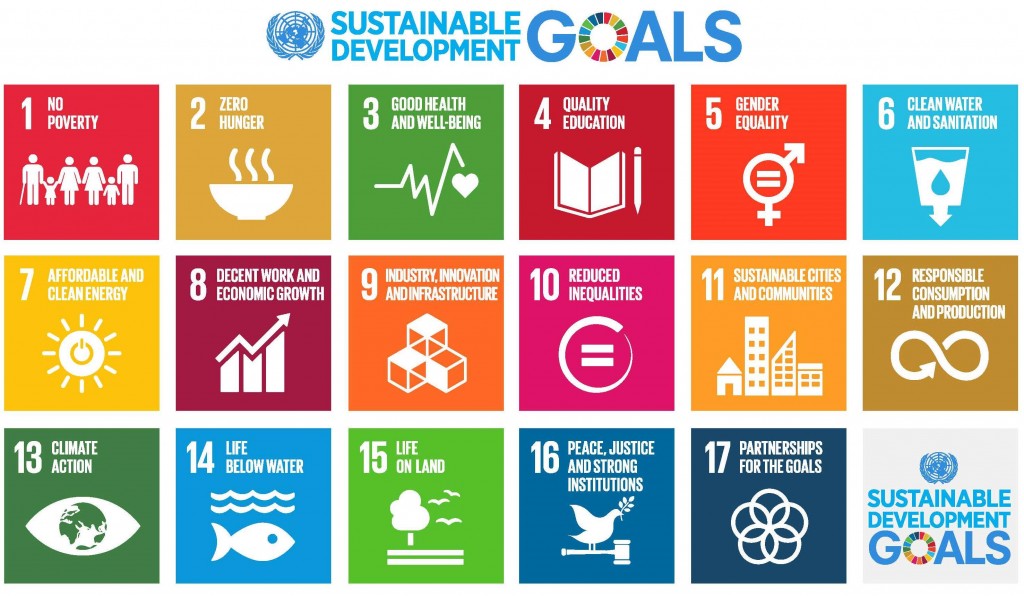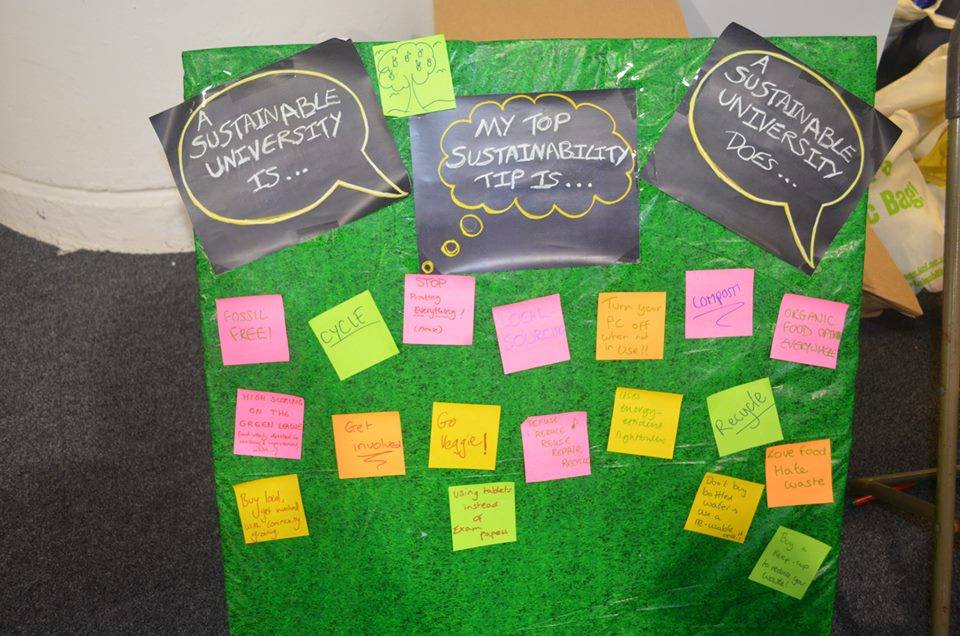Welcome back to our series on air quality! In previous posts, we focused on why pollution matters and what the main causes are in London. In this final part, Timothy Baker from the Environmental Research Group (ERG) at King’s offers his advice on how individuals can protect themselves from pollution, and what they can do to help clean up London’s air.
Living in London, we are exposed to varying levels of pollution every day. As Tim Baker discussed in the first part of this series, the places where we are most exposed might be surprising – such as inside our cars or taxis. Although walking or cycling may be better for our health than being inside a car, we are still exposed to pollution. We asked Tim Baker what the method for reducing this exposure was, and he suggested planning routes carefully:
“It’s actually all common sense. If you avoid the traffic when walking or cycling somewhere, you will dramatically reduce your exposure levels. Even just going one street back from the main road will probably halve your pollution exposure. It’s as simple as that.”
To make this easier, the ERG’s London Air website offe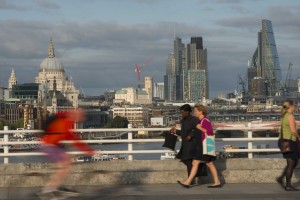 rs street-by-street pollution maps, enabling Londoners to plan a route avoiding the most polluted areas. The team is also planning a mapping service that would automatically give users the least polluted route to their destination. Those most at risk, such as people suffering from existing respiratory problems, should check pollution forecasts before undertaking strenuous tasks outside, and potentially wait if pollution is expected to clear later in the day.
rs street-by-street pollution maps, enabling Londoners to plan a route avoiding the most polluted areas. The team is also planning a mapping service that would automatically give users the least polluted route to their destination. Those most at risk, such as people suffering from existing respiratory problems, should check pollution forecasts before undertaking strenuous tasks outside, and potentially wait if pollution is expected to clear later in the day.
There is also a range of things our expert Tim Baker believes individuals can do to contribute to tackling pollution in London. As a large proportion of pollution is due to transport, the first step is not using a car to get around the city. Cycling or walking to work would reduce traffic, often get people to their destination quicker, and even though cyclists are exposed to pollution, Tim Baker claims the health benefits of cycling offset the risk of exposure. Another option is to take public transport. Responding to a recent initiative to publish air quality data on polluted days at bus stops, the expert welcomed the idea and said:
“At the end of the [air quality] message they should add ‘Thank you for doing something to help’. Because if someone sees it at a bus stop, they are already helping the problem by using public transport.”
If driving is necessary, people should think carefully about what kind of cars to get.
While cars powered by alternative fuels may be more environmentally friendly than those powered by petrol or diesel, they are still expensive. Engine size should also be kept in mind. “If you’re looking for what is going to have the least impact [on air quality], and is a cheap vehicle, it’s probably currently going to be a small petrol engine”, says Tim Baker. Finally, something that King’s, businesses and even households should reconsider is the necessity of having items delivered as soon as possible. Many deliveries are not required immediately, and instructing companies to wait until several items can be delivered at once is an easy way to reduce traffic on the roads. At London Bridge, local businesses suggested to have consolidated deliveries at night, and have campaigned to keep their streets pedestrianised during the day. As more and more businesses get involved and even help fund measuring equipment, the expert says everybody else will hopefully follow soon to help combat pollution in London.
 This was the final part of our series on air pollution in London. We would like to thank Timothy Baker for taking the time to answer our questions and share his advice with us. For regular updates on air quality in London, visit the ERG’s London Air website and Twitter. To keep in touch with the Sustainability Team, follow us on Facebook and Twitter, or email us at sustainability@kcl.ac.uk.
This was the final part of our series on air pollution in London. We would like to thank Timothy Baker for taking the time to answer our questions and share his advice with us. For regular updates on air quality in London, visit the ERG’s London Air website and Twitter. To keep in touch with the Sustainability Team, follow us on Facebook and Twitter, or email us at sustainability@kcl.ac.uk.

 Under certain conditions, many diesel cars will also switch off their emission controls. Legal loopholes enabled them to do this when the outside temperature falls below 18°C. While manufacturers claim this is to protect the engine, average temperatures in London mean this causes significant problems for the city’s pollution levels, as cold periods are often when pollution builds up. This is made worse by the rising number of diesel vehicles on London’s roads.
Under certain conditions, many diesel cars will also switch off their emission controls. Legal loopholes enabled them to do this when the outside temperature falls below 18°C. While manufacturers claim this is to protect the engine, average temperatures in London mean this causes significant problems for the city’s pollution levels, as cold periods are often when pollution builds up. This is made worse by the rising number of diesel vehicles on London’s roads. Therefore, even local pollution might require cross-border efforts to be tackled effectively. “It’s also someone else’s local emissions. And where are our local emissions going when they are not causing us a problem? They are going to somebody else”, says Tim Baker.
Therefore, even local pollution might require cross-border efforts to be tackled effectively. “It’s also someone else’s local emissions. And where are our local emissions going when they are not causing us a problem? They are going to somebody else”, says Tim Baker.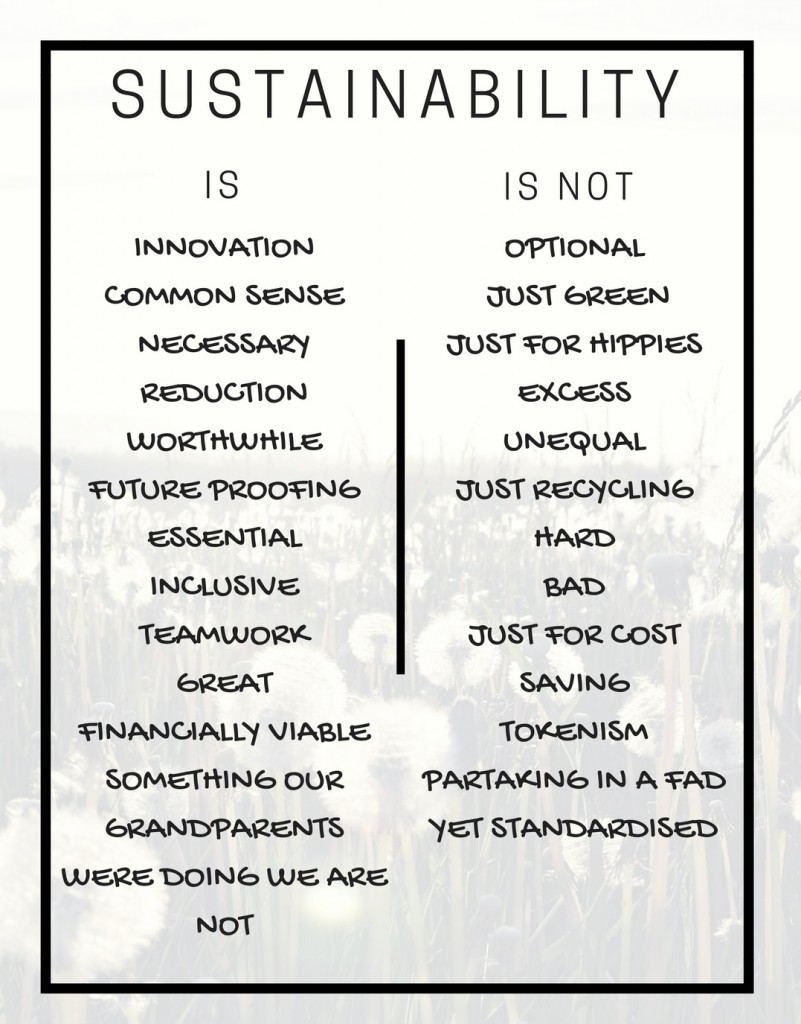
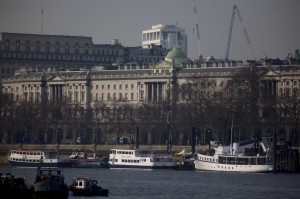





 Deforestation and forest degradation account for an estimated 10-11% of global GHG emissions. In the digital age that we live in, there is no need for King’s to be printing as much as it does. Collect scrap paper and use it for drawing and notes. At the start of the new academic year, shop for notebooks made out of recycled paper! When you buy paper – printer paper, paper towels, toilet paper, etc. – make sure they are forest-friendly and try to buy furniture that is made from sustainably sourced timber. Little things like that can reduce our environmental footprint and make a big difference.
Deforestation and forest degradation account for an estimated 10-11% of global GHG emissions. In the digital age that we live in, there is no need for King’s to be printing as much as it does. Collect scrap paper and use it for drawing and notes. At the start of the new academic year, shop for notebooks made out of recycled paper! When you buy paper – printer paper, paper towels, toilet paper, etc. – make sure they are forest-friendly and try to buy furniture that is made from sustainably sourced timber. Little things like that can reduce our environmental footprint and make a big difference.
